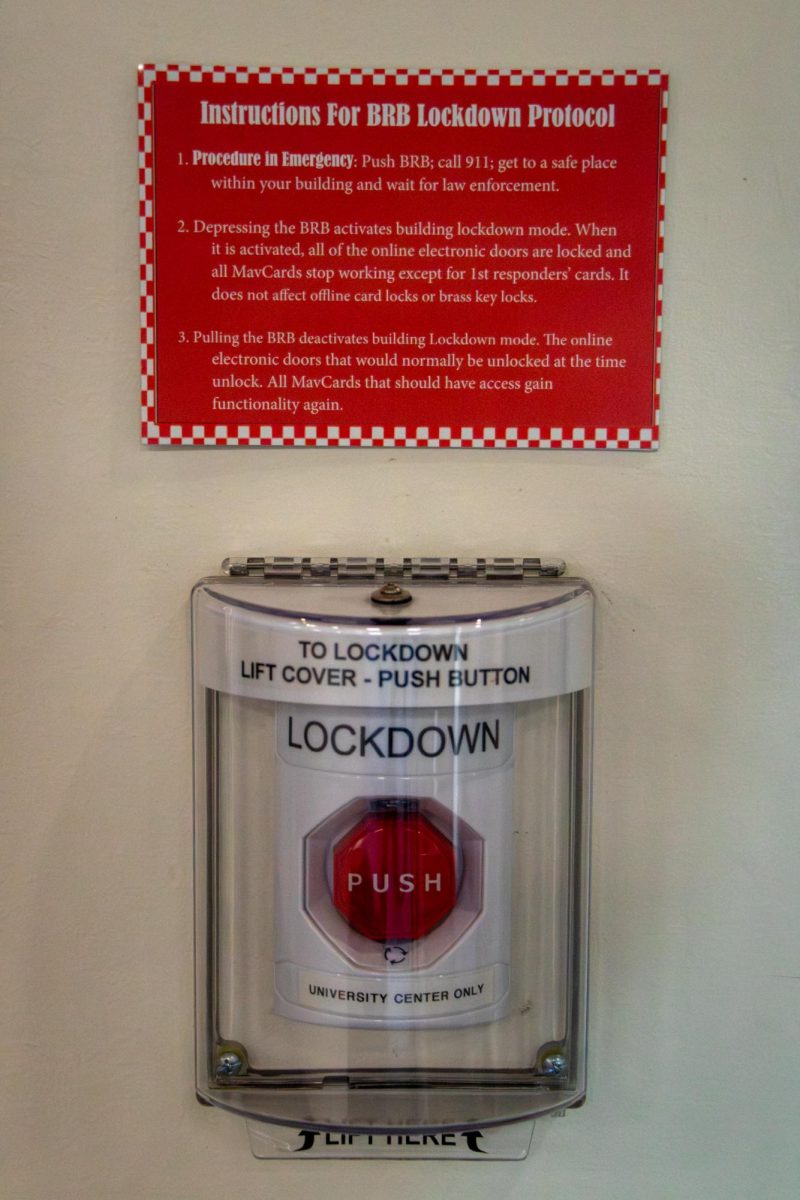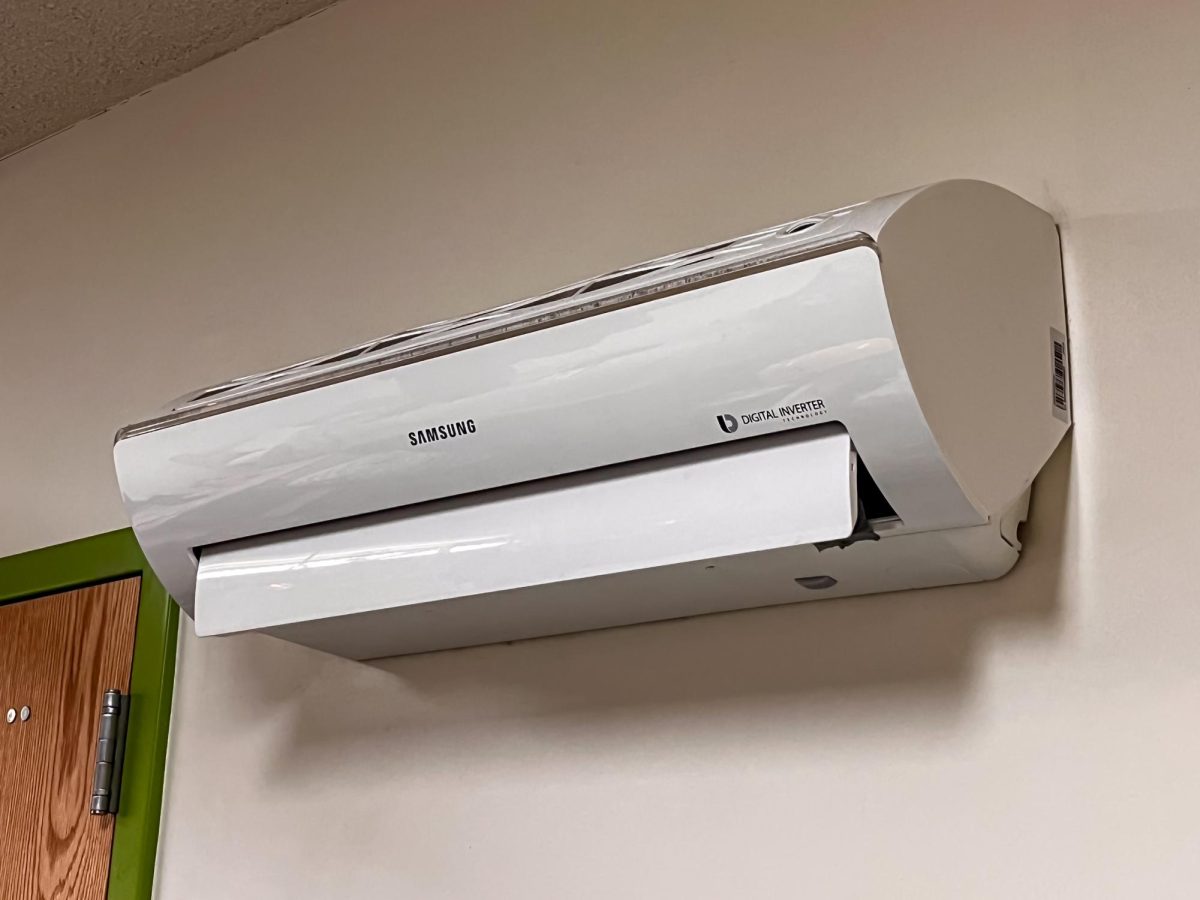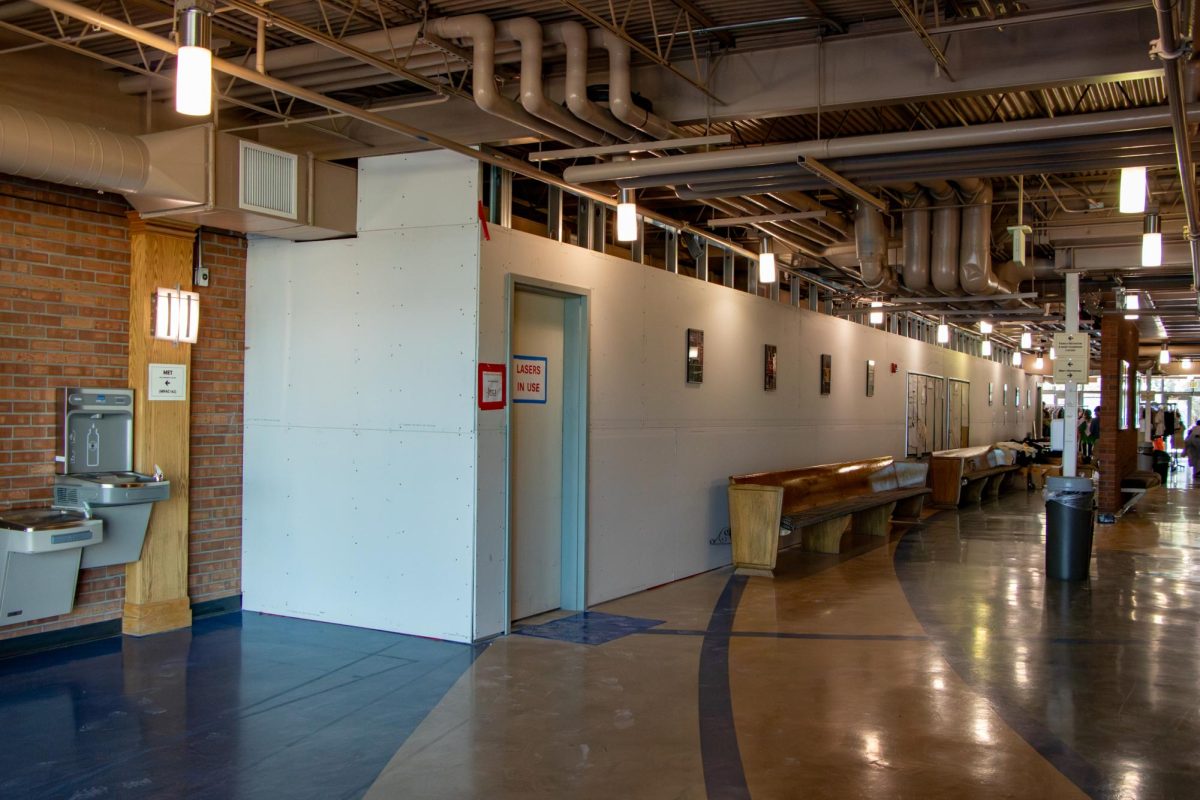Internships are a big part of the college experience. Many majors on campus require an internship for students as credit, but even those without requirements look for opportunities to get a leg up.
“I started [my internship] almost a year ago. I actually heard about it in my Animal Behavior class, because Professor Johanna Varner recommended it to me,” junior biology major Rachael Shewmaker said.
Shewmaker is interning with the Eureka Science Museum on a paid position. Hearing about opportunities from professors is a common reason for students getting internships, which is why it’s good practice to stay vigilant and connected with professors in order to hear about opportunities.
“What I do is go in and feed the animals and take care of them. So I clean their cages and stuff like that. […] Some of them have special needs as well, we have a bearded dragon that needs a bath every day,” Shewmaker said.
Shewmaker’s degree is in general biology, which doesn’t require an internship to graduate. Many students try for internships in their field because of the competition for positions despite the non-requirement.
Shewmaker simply asked Professor Varner what internships were available and for advice on what Varner had done as a student, which led to her getting the Eureka opportunity. As a full-time student, she balances a job, internship and classes.
“I definitely have a planner for everything,” Shewmaker said of managing her time. “I just make sure to try to make time for homework and school on the weekends and try to work my actual job during the week.”
Internships as credit are common in other degrees such as Mass Communication. For credit purposes, the most common internship is worth three credits over the course of a 16-week semester, with 45 hours of work per credit hour.
“Certainly, some students will find an internship that can offer them a lot of hours and/or involves planning an event that may be almost a year away. In these instances, the internships can last a year or even more,” Colorado Mesa University (CMU) Mass Communications professor James Perez said.
A lot of departments on campus help their students get internships through a variety of sources such as Career Services, alumni looking for interns and networking opportunities with faculty.
“I will send out mass emails to students to let them know about internship opportunities. In terms of the Mass Communication department helping students, a lot of times students will meet with me or other professors and let them know about their interests in the field […] and we will try to fit them with an internship that best suits them,” Perez said.
CMU Mass Communications student Olivia Pelaez got her internship from going to an event with her professor Dr. Elaine Venter, which was a speaking event for the Mesa County Communications Officers Association. Her internship is as a social media coordinator for Mesa County’s Public Information Office.
“It’s been a major challenge [to manage my time] because before I got this internship, I already had quite a bit on my plate,” Pelaez said. “When Dr. Venter offered me the internship or told me that somebody was interested, it sounded like such a good opportunity, but I really didn’t know how I would balance that. I really just threw myself into it.”
Pelaez is a Resident Assistant and works as a desk attendant in addition to her classes and internship. Her internship counts for credit for her major as well as being a paid position.
“I would say one thing is just making sure that you take care of yourself,” Pelaez said about juggling her responsibilities. “Just prioritizing taking breaks from work, internship homework, even if it’s just a five minute walk because I’ve really noticed how much that helps.”
Internships are also available through the MavZone app Handshake in addition to networking and talking to professors. As the Fall semester ends, many positions will begin to open up in early spring as opportunities present themselves for the summer.








